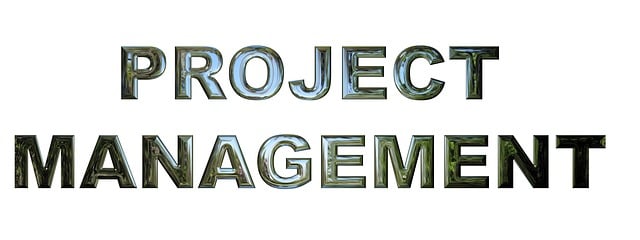Lease agreements in real estate serve as foundational contracts between landlords and tenants, clearly outlining financial, maintenance, and occupancy terms to prevent disputes and foster mutual respect. Effective rent collection strategies for investors involve upfront communication with tenants, setting clear expectations, and utilizing automated systems to streamline payments while enhancing tenant satisfaction. These legally binding agreements are crucial for a harmonious rental experience, ensuring landlords collect rent as per the lease and tenants abide by agreed-upon conditions, with consequences for breaches such as non-payment or violations that may lead to eviction proceedings.
In the dynamic realm of real estate, effective rent collection and lease enforcement are cornerstones for successful investments. This article guides real estate investors through understanding crucial lease agreement clauses, implementing strategic rent collection methods, and navigating the legal aspects that ensure both rights and responsibilities. By delving into these key areas, you’ll gain invaluable insights to maximize returns and maintain a robust portfolio in today’s competitive market.
Understanding Lease Agreements: Key Clauses and Terms in Real Estate

In real estate, lease agreements form the backbone of rental relationships. Understanding these contracts is crucial for both landlords and tenants. Key clauses such as rent amount, duration of stay, and late fees are essential to outline clearly. Terms related to maintenance responsibilities, pet policies, and subletting restrictions also play a significant role in defining the rights and obligations of each party.
By reviewing these agreements thoroughly, landlords can ensure their properties are respected and maintained while tenants gain clarity on expectations. This mutual understanding fosters a harmonious rental experience, minimizing disputes and enhancing the overall real estate transaction.
Effective Rent Collection Strategies for Real Estate Investors

Implementing robust rent collection strategies is paramount for real estate investors to ensure a steady cash flow and maintain property values. One effective approach is to establish clear communication channels with tenants, setting expectations from the outset. Regular, transparent interactions can prevent misunderstandings and foster trust, encouraging timely rent payments.
Additionally, automated rent payment systems offer convenience and accuracy, allowing investors to set up automatic deductions from tenants’ bank accounts. This modern strategy reduces late fees and improves collection efficiency. By combining open communication and technological advancements, real estate investors can optimize their rent collection processes, ultimately enhancing the overall tenant experience while maintaining a healthy financial outlook for their properties.
Legal Enforceability of Lease Agreements: Rights and Responsibilities

In the realm of real estate, lease agreements are legally binding contracts that establish the rights and responsibilities between landlords and tenants. These documents outline terms such as rent amounts, duration of stay, maintenance obligations, and rules for occupancy. The legal enforceability of these agreements is paramount to ensuring a smooth rental experience for both parties. Landlords have the right to collect rent as specified in the lease, while tenants are obligated to adhere to the agreed-upon terms.
Breaches of contract, such as non-payment of rent or violation of other lease conditions, can lead to legal repercussions. Landlords must act within the boundaries set by local tenancy laws when addressing violations. This may involve serving formal notices, negotiating extensions, or, as a last resort, initiating eviction proceedings. Tenants, on the other hand, are protected from unjust evictions and have rights that must be respected, further emphasizing the importance of clear, fair, and enforceable lease agreements in the real estate sector.






